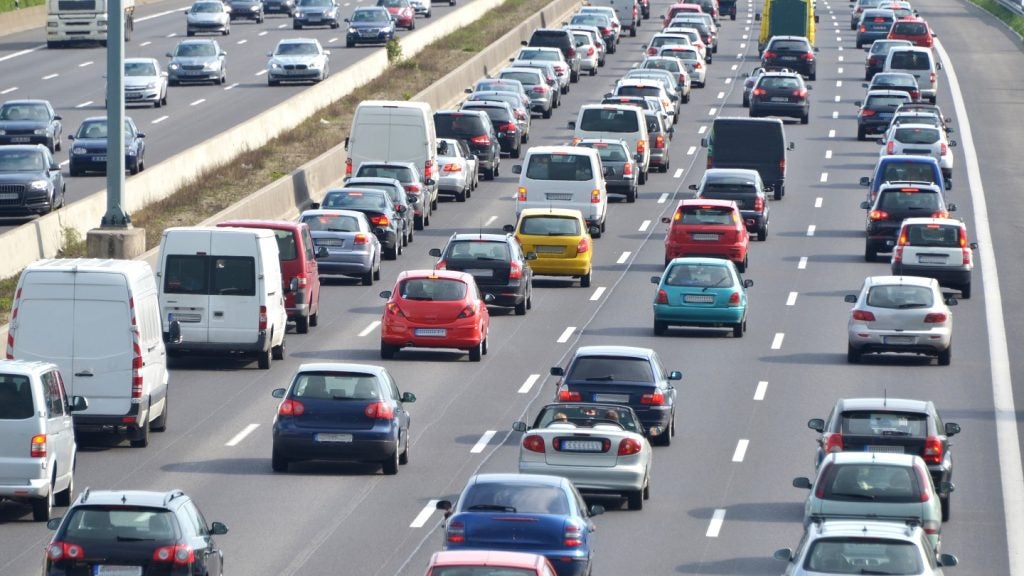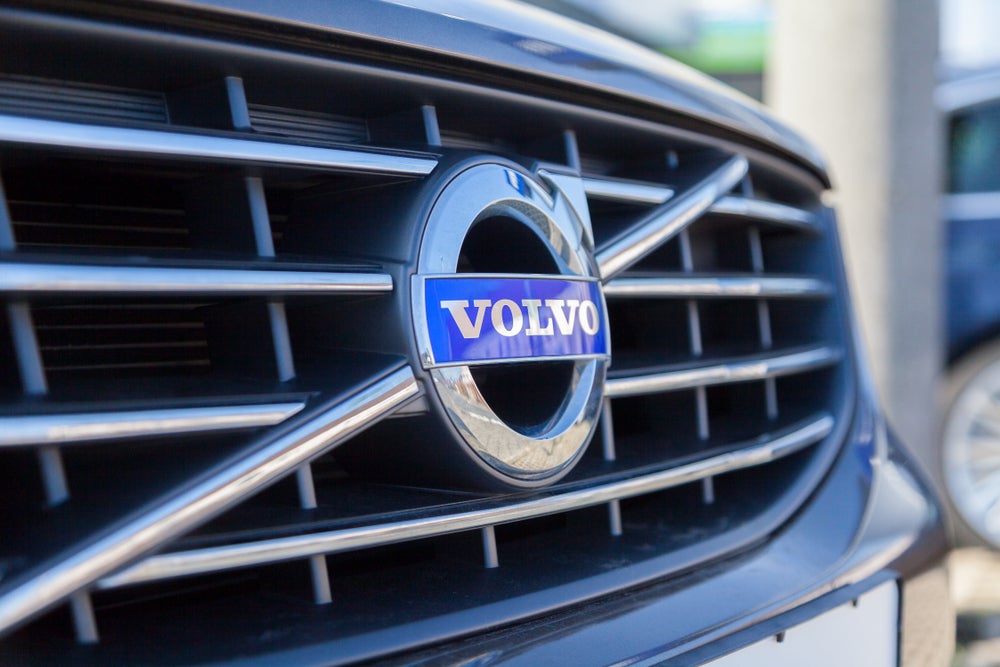
In an open call to EU lawmakers, 27 firms including Volvo and Uber have rallied to set 2035 as the cut-off date for the sale of combustion engine vehicles across Europe.
The firms behind the movement believe a fixed date will send a clear investment signal to carmakers, supply chains and infrastructure providers, enabling businesses to decarbonise their vehicle fleets.
Ahead of the EU review on car and van CO2 standards in June, the open call is expected to gain momentum in the coming months.
In June, the Commission will propose new targets as part of its “Fit for 55” package of legislation, which aims to put the EU on track to cut overall emissions by at least 55% by 2030 and reach net-zero emissions by 2050.
Setting a target for vehicle manufacturers at 0 gram of CO2/km by 2035 would enshrine the phase-out of petrol and diesel cars, including hybrids, in law.
Arguing for “clear governmental direction and support” in accelerating the transition, Anders Kärrberg, head of global sustainability at Volvo Cars, said: “Volvo Cars is pleased to join this call for the European Commission to propose an end date on new sales of internal combustion engine vehicles within the EU by 2035.”
How well do you really know your competitors?
Access the most comprehensive Company Profiles on the market, powered by GlobalData. Save hours of research. Gain competitive edge.

Thank you!
Your download email will arrive shortly
Not ready to buy yet? Download a free sample
We are confident about the unique quality of our Company Profiles. However, we want you to make the most beneficial decision for your business, so we offer a free sample that you can download by submitting the below form
By GlobalDataVolvo recently announced plans to become a fully electric car company by 2030. Meanwhile, in the UK, many leading British car manufacturers attempted to obstruct the government’s decision to advance the ban on ICE vehicles from 2040 to 2030.
Additional measures
According to a statement from the European Federation for Transport and Environment, the group behind the open call, lawmakers should also use international and domestic measures to ramp up deployment of electric vehicle charging points across the bloc.
Kärrberg continued: “Additional measures are also needed to increase EU consumer demand for electrified vehicles, including the rapid development of a comprehensive charging infrastructure.”
The 27 firms also welcome support for vehicle makers and supply cains to boost new skills training for workers alongside regional transformational plans.
Changes to taxation are all necessary to support ordinary consumers as well as corporate fleets in their switch to electric. Such measures would ensure an equitable transition to emission-free transport.
Julia Poliscanova, senior director for vehicles and e-mobility at Transport & Environment, said: “Electrification of cars and vans is inevitable for the climate, consumers and for Europe’s industrial strategy.”
Responsible for 15% of all Europe’s CO2 emissions and the largest source of toxic nitrogen oxide emissions, cars and vans cause chronic diseases and the premature deaths of 54,000 Europeans every year.
Poliscanova concluded: “Businesses now want clarity on the speed of the transition to plan and prepare. Only EU lawmakers can provide it by naming the date for the end of combustion engine cars and vans sales.”






